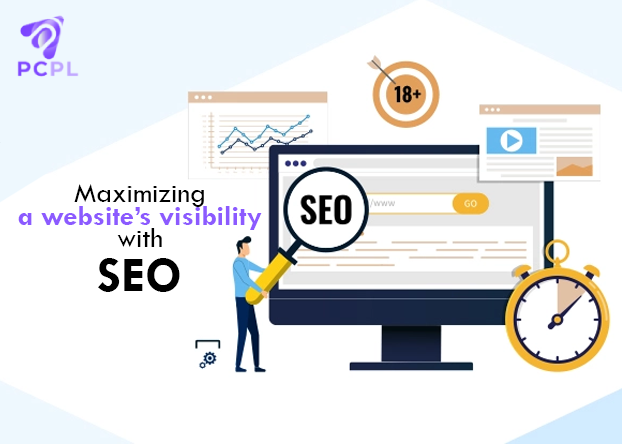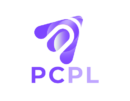
Maximizing a website’s visibility with SEO
Wondering why in spite of having a website you are not being able to gain enough online buyers for your business?
The reason behind this may be that your website is not reaching the devices of your target audience who are searching for similar services or products that your business offers as well.
Having just a well-designed website will not help you achieve online success. To truly stand out, you need to have a website that is easily discoverable by your target audience.
So the next thing that you might ask is “Then what should I do?”
You should, thus, invest in Search Engine Optimization (SEO).
And probably you would have heard about it already, but yet not clearly have still understood its importance.
SEO is all about optimizing a website to rank higher in search engine results(SERPs), thus increasing its visibility as well as attracting more organic traffic.
The higher your website ranks, the more likely it is to be visited by users. SEO can be broadly categorized into two types- On-page SEO and Off-page SEO.
On-page SEO
On-page SEO is when individual web pages are optimized to rank higher and get more relevant traffic in the search engines.
- Keyword Research- Identifying the right keywords that your target audience is searching for is crucial. Tools like Google Keyword Planner, and SEMrush can help you find relevant keywords with high search volume and low competition.
- Quality Content- Content is king in SEO. Creating high-quality, informative, and engaging content that answers the queries of your target audience is essential. Ensure that your content is original, well-structured, and includes the keywords naturally.
- Meta Tags- Meta titles and descriptions have a significant role in SEO. They should be compelling and include your primary keywords to improve click-through rates.
- URL Structure- Clean and descriptive URLs that include relevant keywords can improve your SEO. Do not use long or complicated URLs with unnecessary parameters.
- Internal Linking- Linking to other relevant pages on your website helps search engines understand the structure of your site and improves navigation for users.
- Mobile Optimization- With the increasing number of mobile users, ensuring that your website is mobile-friendly is crucial for SEO.
Off-page SEO
Off-page SEO are actions taken outside of the website to impact the rankings within SERPs.
- Backlinks- Building high-quality backlinks from reputable websites is one of the most important aspects of off-page SEO. Backlinks work as votes of confidence, specifying to search engines that the content is trustworthy.
- Social Media Marketing- Promoting your content on social media platforms can drive traffic to your website and indirectly improve your SEO.
- Guest Blogging- Writing guest posts for other reputable websites in your industry can help you gain exposure and build backlinks.
- Influencer Outreach- Collaborating with influencers in your niche can help you reach a larger audience and earn valuable backlinks.
Technical SEO
Technical SEO implies optimizing the website’s backend to help search engines crawl and index the site more effectively.
- Site Speed- A fast-loading website provides a better user experience and can positively impact your SEO. Tools like Google PageSpeed Insights are used to analyze and improve the site’s speed.
- XML Sitemap- An XML sitemap allows search engines to understand the structure of the website and find all the pages.
- Robots.txt- This file tells search engines which pages they can and cannot crawl on your website.
- SSL Certificate- Having an SSL certificate (HTTPS) ensures that your website is secure, which can positively impact your SEO.
Measuring SEO Success
To gauge the effectiveness of your SEO efforts, it’s essential to track key metrics like the following using tools like Google Analytics and Google Search Console.
- Organic Traffic- Number of visitors to the website from search engines.
- Keyword Rankings- Position of the target keywords in the search engine results.
- Bounce Rate- Percentage of visitors leaving the website after viewing only one page.
- Conversion Rate- Percentage of visitors completing a desired action on the website, like making a purchase or filling the contact form.
Implementing effective SEO strategies is essential for maximizing your website’s visibility and attracting more organic traffic. By focusing on both on-page and off-page SEO, as well as technical aspects, you can improve your website’s rankings and achieve online success.
But as easy as it may sound, all these things can be difficult for a layman to do and also take up much time of a business owner, who would rather spend time focusing on their core work. Therefore, the best thing to do would be to hire an SEO expert from a digital marketing agency who would take care of all the technicalities and ensure the right online visibility for your business.
